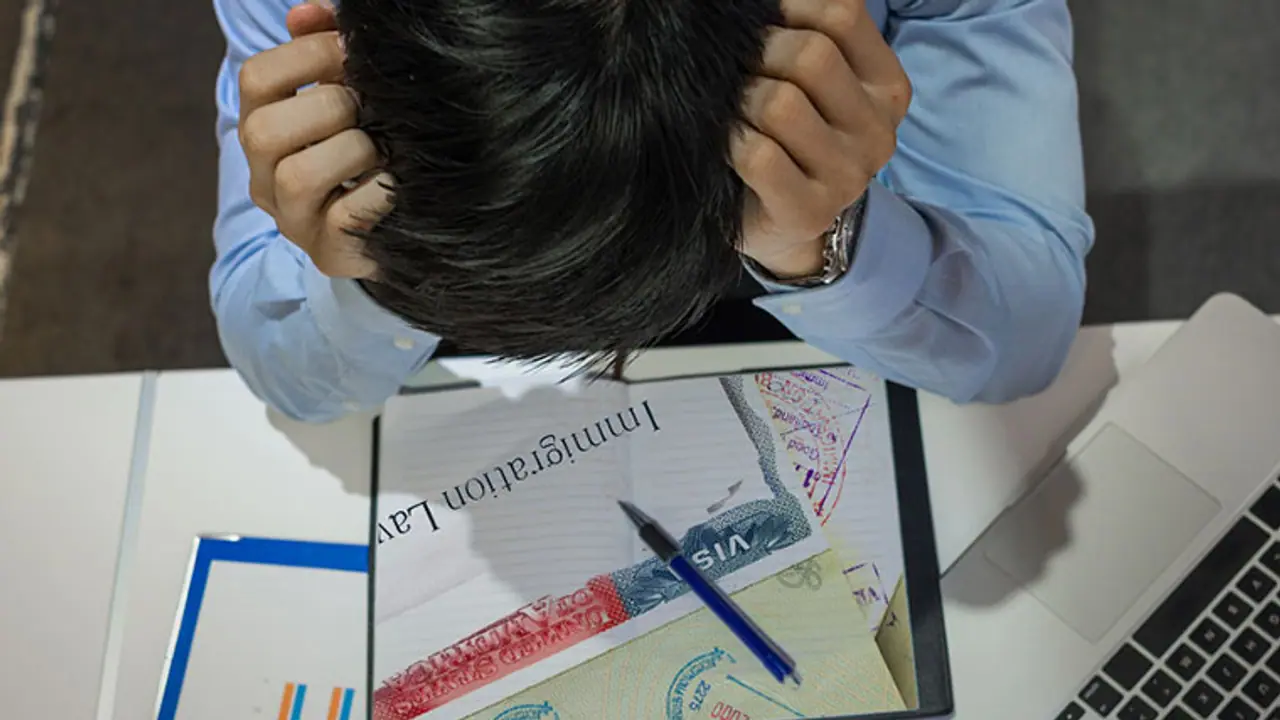Receding approval of H-1B visas indicate the changing trends in IT and not just the effects of H1-B restrictions. India-based IT companies received only 9,356 new H-1B visas in 2016 visa vie the previous year during the Obama tenure. Experts call H-1B restrictions backward looking and not forward looking.
Many would owe the reduced approval of H-1B visas for the tops Indian ITs to the Trump government's restrictions on visa policies. However, things have turned out to be different, given the fact that lesser approvals mean lesser applications. The US has a cap of 65,000 for H-1B visas issued in a year. If the number of applications are higher than this, which has been the case in the recent years, it uses a lottery system to determine who gets how many visas. So, if the India-based companies have received fewer visas, it is most likely that they have applied for lesser numbers.

It is to be noted that the top seven India-based IT companies received only 9,356 new H-1B visas in fiscal year 2016, a 37% drop from what they received during the tenure of Barack Obama. According to the National Foundation for American Policy (NFAP), these are petitions filed during the April 2016 H-1B filing period and approved for individuals to start working on October 1, 2016.
Interestingly, last year, the top IT companies received 14,792 visas, but the declining trend had some other indications, experts suggested. The industry trends differ this year. For instance, digital services like cloud computing and artificial intelligence require fewer people to service US clients. IT giants are also stepping up local hiring for specialised areas.
Getting maximum work from minimum labour force is the trend of the day. IT giants are opting for software and mechanisms that engage the least number of labour force. NFAP, referring to the Trump administration, said, "These trends have escaped the notice of Congress and many policymakers, which have aimed for more visa restrictions at IT services companies."
Stephen Yale-Loehr, professor of immigration law practice at Cornell Law School echoes what the agency says. It said, "President Trump's recent executive order calling for limits on H-1B visas looks backward, not forward. The current unemployment rate for computer-related jobs is 2.5% — lower than the overall national unemployment rate of 4.4%. We should encourage bright foreign students to stay and work in the United States after they graduate, not send them overseas to compete against us."
There are orders in the pipeline mandating a sharp rise in the minimum salary paid to these visa holders. If this happens, the Indian IT companies could be hit badly.
